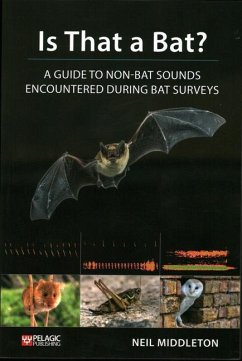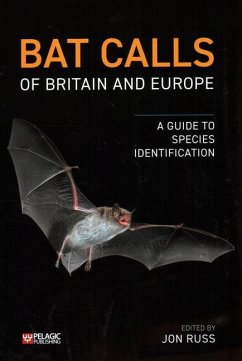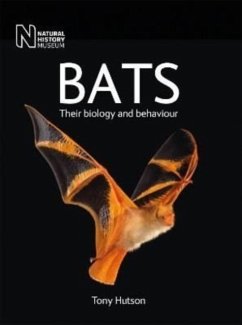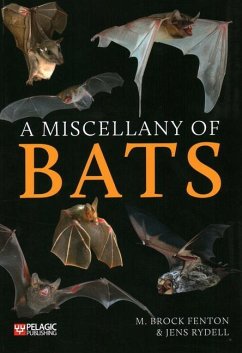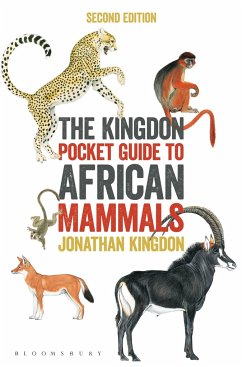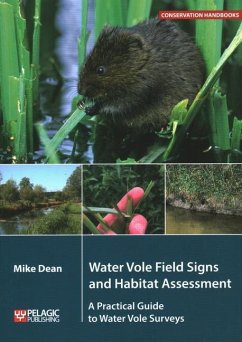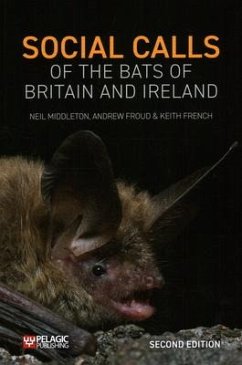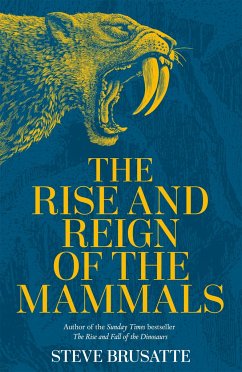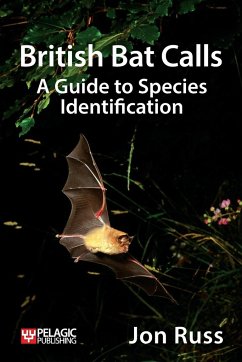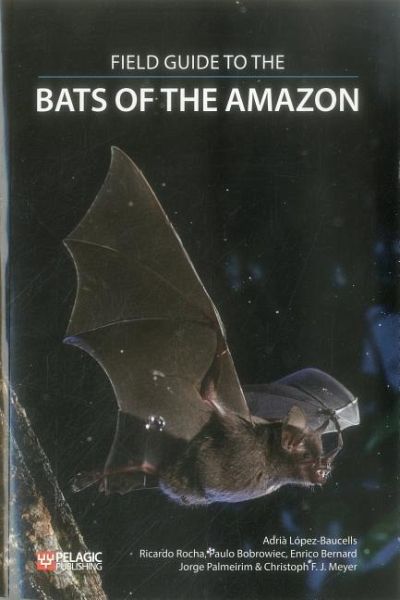
Field Guide to the Bats of the Amazon
Versandkostenfrei!
Versandfertig in über 4 Wochen
44,99 €
inkl. MwSt.

PAYBACK Punkte
22 °P sammeln!
A species identification guide to the 160 species of bat described in the Amazon region, including a morphological identification key with stunning photographs and an acoustic key for Amazonian bats illustrated with the echolocation spectrogram of most species.



